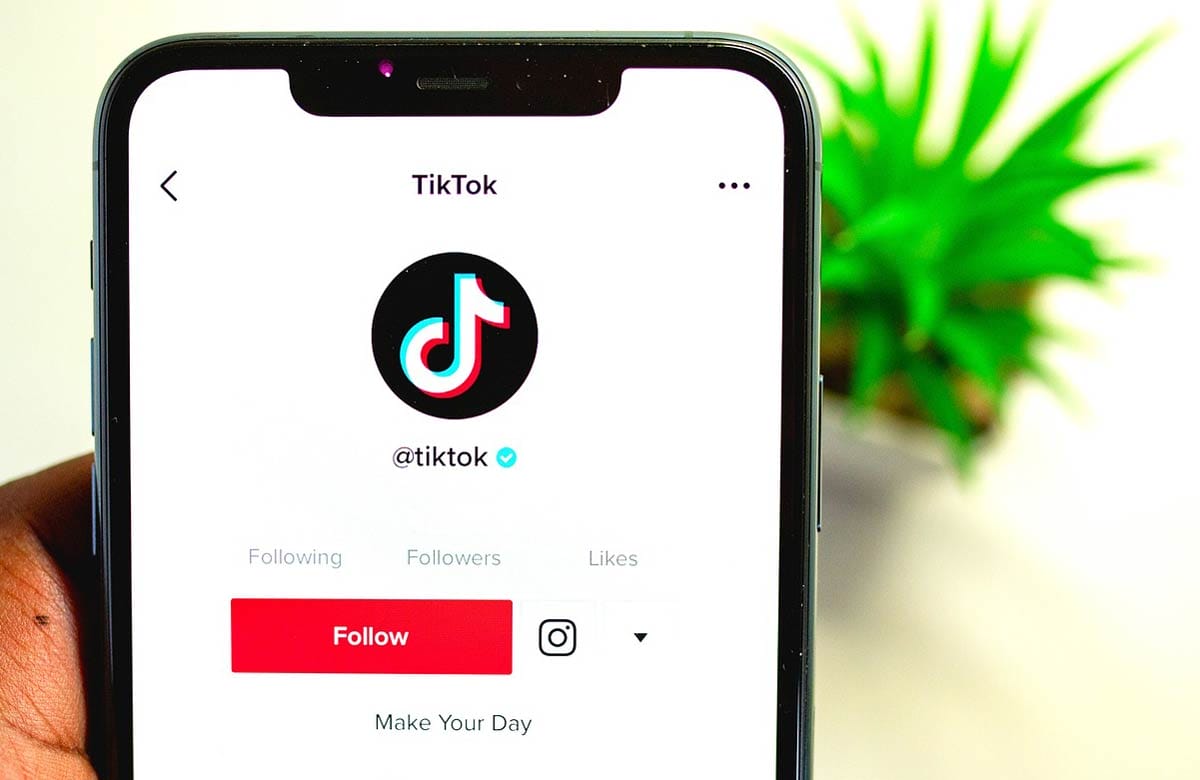
If you’ve been online a lot these past few days, the news of TikTok’s ban in the United States has likely appeared in your news feed at some point.
In recent years, post-COVID, TikTok has taken over a big chunk of the social media scene, driven by its short-form videos that seemed to take social media users by the reins. However, this rise has been met with escalating legal challenges for the U.S. branch of operations, culminating in a potential ban of the platform for U.S. users.
Origin of the TikTok Ban
Owned by the Chinese company ByteDance, TikTok has faced scrutiny from the U.S. over concerns that the Chinese government could access user data under the Chinese National Intelligence law that mandates organizations to cooperate with state intelligence work. TikTok has consistently denied sharing data with these Chinese authorities, but then again, it is Chinese law and thus the U.S. has failed to find belief that TikTok is indeed not following it.
This led to the US government taking legislative actions against the Chinese platform, passing a bipartisan bill in April 2024, requiring ByteDance to divest TikTok’s U.S. Assets by January 2025 or face a nationwide ban. By this, ByteDance had to sell its operations in the United States so that they are free from Chinese law.
This move, justified on national security grounds citing the potential risk of data harvesting and foreign influence operations didn’t quite settle with the company.
In response, TikTok and ByteDance filed a lawsuit challenging the constitutionality of the divestiture mandate. The company argued that the forced sale violates the First Amendment by suppressing the freedom of expression of its 170 million US users. TikTok stood its ground, arguing that the law was unfairly targeting a single platform without concrete evidence of wrongdoing.
US officials maintained their position that the potential for the Chinese government to access American users’ data was a national security threat. To them, the divestiture is a necessary measure to mitigate this risk and thus the Justice Department emphasized the seriousness of the threat, advocating for the enforcement of the law.
Current Status of the TikTok Ban
As the January 19th, 2025 deadline fast approaches, TikTok seems to be balancing legal battles, user engagement and potential operational upheaval in the United States.
TikTok’s lawsuit against the government’s divestiture mandate is still progressing through the judicial system, with the company asserting that the forced sale infringes upon constitutional rights and lacks substantive evidence of the alleged security threats.
The U.S. government on the other hand remains true to its position with plans to enforce the ban if ByteDance doesn’t comply with the divestiture requirement.
In preparation, TikTok has announced plans to go dark in the United States, preventing its 170 million users from accessing the app and instead directing them to a website where they can download their data.
Meanwhile, President-elect Donald Trump, who previously attempted to ban TikTok in his first term has recently expressed opposition to the impending ban. His national security adviser Rep. Michael Waltz indicated that the incoming administration is exploring options to “preserve” TikTok, potentially through addressing national security concerns.
Here say has also surfaced suggesting that Elon Musk is in discussions to purchase TikTok’s US operations, reportedly valued between $40–$50 billion, as a move to prevent the ban. However, TikTok has since denied such rumour.
Apps like TikTok?
This uncertain future for the company has led many TikTok users to search for alternative Apps like RedNote and Neptune to maintain their online presence. Some influencers and accounts who built careers on TikTok are scrambling to migrate to other platforms.
As of 19th January 2025, TikTok will either be banned in the U.S., be in limbo if Donald Trump manages to delay the ban or be owned by Elon Musk…
Keep along for more updates.
3 thoughts on “TikTok Ban in the U.S, a National Security Threat or Political Power Play?”
Pingback: Is RedNote The New TikTok or Just Another Chinese Spy App? - Nymy Net
Pingback: Elon Musk Breaks Silence on TikTok Ban: Freedom of Speech Under Attack! - Nymy Net
Pingback: TikTok Restores Service in U.S. Following Trump’s Post on Truth Social - Nymy Net